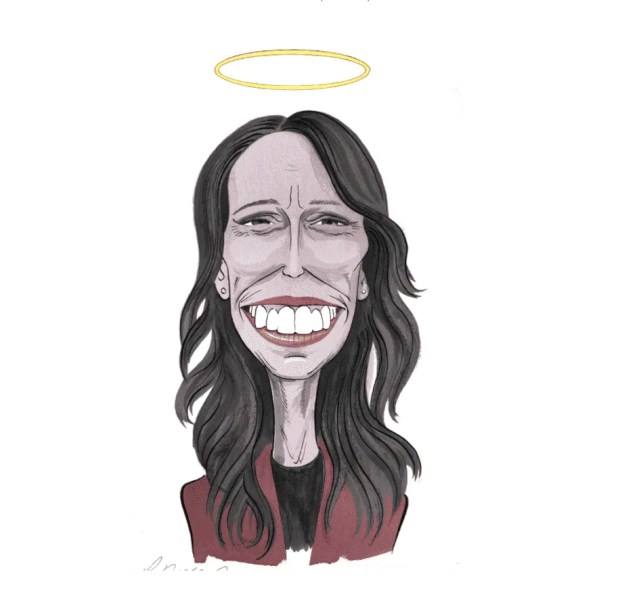Jacinda Ardern has resigned as Prime Minister of New Zealand. After a period of reflection over the summer break, she concluded that she no longer had ‘enough left in the tank’ to do the job justice.
Fakery wasn’t the problem with Ardern. Sincerity was
Cynics claim she is jumping ship before the electoral defeat that opinion polls suggest she and her Labour party will suffer in October’s general election.
Already a subscriber? Log in
Subscribe for just $2 a week
Try a month of The Spectator Australia absolutely free and without commitment. Not only that but – if you choose to continue – you’ll pay just $2 a week for your first year.
- Unlimited access to spectator.com.au and app
- The weekly edition on the Spectator Australia app
- Spectator podcasts and newsletters
- Full access to spectator.co.uk
Or




















Comments
Don't miss out
Join the conversation with other Spectator Australia readers. Subscribe to leave a comment.
SUBSCRIBEAlready a subscriber? Log in